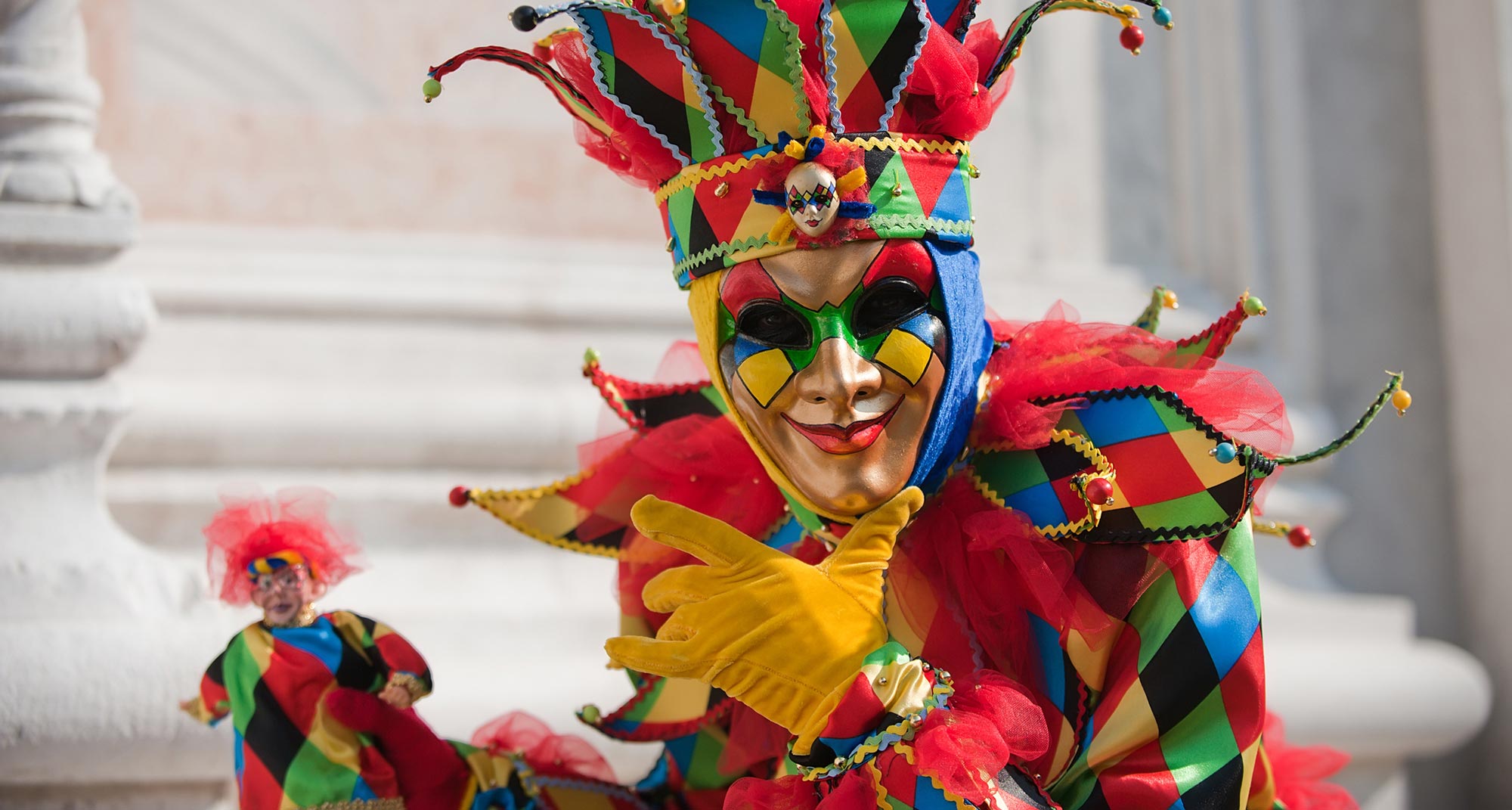

Charles II of England, who reclaimed the throne from Oliver Cromwell’s Protestant revolution, was a noted carouser, often missing morning appointments because of hangovers.Įuropean kings evidently could say “off with his head” about as easily as “good afternoon,” so courtiers were leery of pointing out any royal flaws such as those of Charles.
Fools are everywhere the court jester around the world full#
“Natural” or not, the court jester had to have a nimble wit - for example, creating a complex riddle full of word play or a simple, declarative and deadly sentence to remind a king that he was overlooking something important. The ladies of the courts, Catherine de Medici and Mary Queen of Scots, for example, were served by jestresses. On the other hand some were known to have come from the ranks of the educated, such as priests or soldiers who took on the jester’s role. Some were “naturals,” people who were what we would call mentally challenged. This belief was a kind of protective covering for the jester - after all, who could blame fools for saying whatever came into their heads? Many court jesters did come from the ranks of the physically disabled and many were dwarfs. The two men were exceptionally close, as often happened between kings and fools.Ĭommon belief held that children and fools could speak only the truth. No “Your Exalted Majesty,” no bowing and scraping there, no pro-forma flowery flattery. Henry VIII of England (never one to turn his cheek from an insult) enjoyed the services of the fool Will Somers, who called the king Harry. A jester would regularly sass the king, addressing him in nicknames that no other member of the royal court would dare use. Peter the Great, seeking to introduce European learning and culture to Mother Russia, encouraged his many court jesters to ridicule old-fashioned ideas and prejudices. Otto, whose book, Fools Are Everywhere, is a marvelous compendium of history and lore about court jesters the world over.

Instead they mocked only Church officials who did not live up to the Church’s high standards.īesides errant priests, the jesters publicly mocked “venal officials and nobles, and erring or corrupt or lazy rulers, together with anything deemed sacrosanct,” according to Beatrice K. The jester was careful not to mock the body of the Church with its doctrines and ethical principles. These barbs were often delivered in riddles or songs, and sometimes skits. But a good court jester would put on little acts showing how greedy for rich clothes and other worldly goods a bishop might be, and mock the piety of any local priests given to earthly along with spiritual pursuits. to the Renaissance, the courts of kings and lesser nobles were all devoted to (and under the sway of) the Roman Catholic Church. Laughter was the oil a jester used to slip inconvenient truths into the royal presence without offending it. His (or her) specialties were satire, mockery, ridicule. Laughter was the métier of the medieval court jester, also known as clown or fool. government, and in particular the president, enjoyed the services of another kind of adviser, an adviser that for hundreds, even thousands of years kept European and Middle Eastern, Indian and Chinese rulers from making terrible mistakes - to wit, a court jester.ĭon’t laugh. The entire mess would probably not have occurred if the executive branch of the U.S. This was, of course, the scandal called Watergate. history, and the arrest and jailing of a host of administration officials for various crimes related to obstruction of justice. The president urged Haldeman to get it done, and this fateful decision would within two years lead to the only presidential resignation in U.S. And the CIA could be persuaded to drop the matter altogether. Haldeman suggested that the CIA be ordered to tell the FBI that their investigations were leading into national security matters, and the CIA would take over. “Bob” Haldeman, were developing a plot whereby an FBI investigation into obstruction of justice and other crimes suspected of the Nixon Administration could be brought to a halt. The president of the United States, Richard M. On June 23, 1972, two men sat in the Oval Office in the White House. It was a remedy once used to keep the exalted in line while seasoning the halls of power with sprinkles of levity - a prescription needed even more so today. He prescribed an ancient antidote: the court jester.

Editor’s Note: Ten years ago Jake Page, who wrote a dozen essays for this magazine before his death in 2016, was troubled by the state of American politics.


 0 kommentar(er)
0 kommentar(er)
